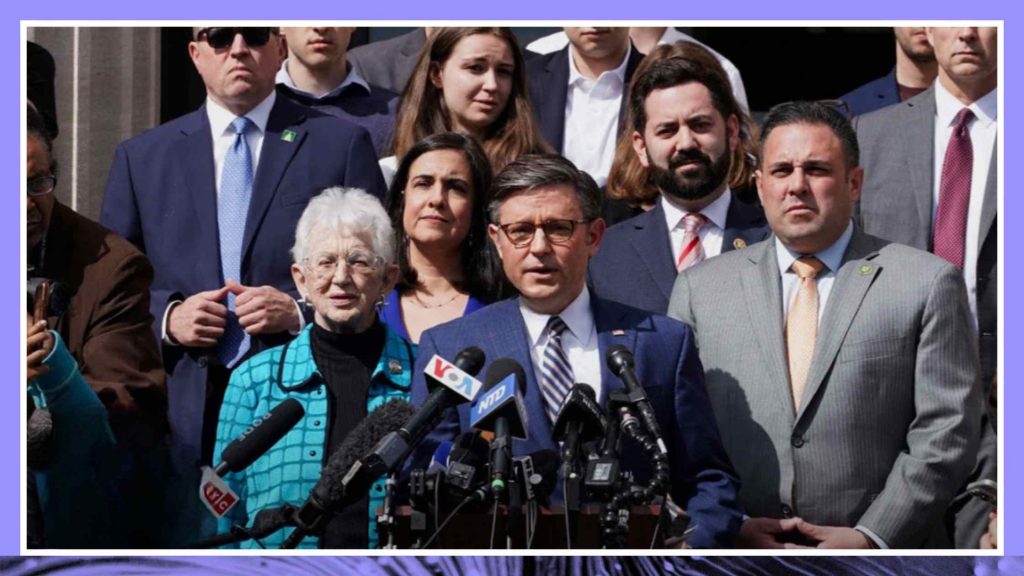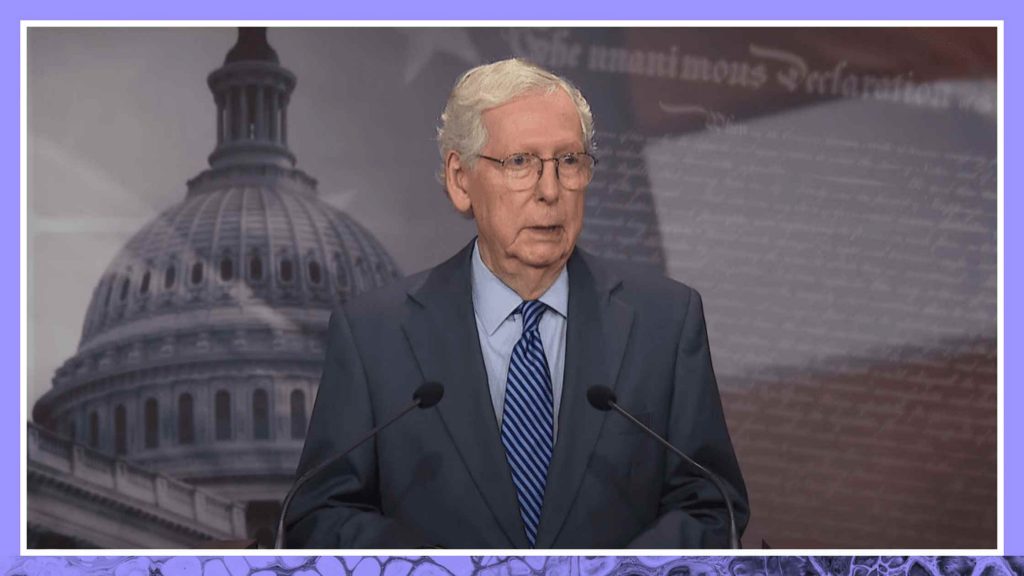Jan 14, 2024
What Taiwan’s Presidential Pick Means for the Region and U.S.-China Relations Transcript

The results of Saturday’s Taiwanese presidential election has big implications for both Beijing and Washington. President-elect Lai Ching-te, who is also known as William Lai, rejects China’s claim of sovereignty over Taiwan. Read the transcript here.
Transcribe Your Own Content
Try Rev and save time transcribing, captioning, and subtitling.
The Taiwanese presidential election has big implications for both Beijing and Washington. President-elect Lai Ching-te also known as William rejects Beijing’s claim of sovereignty over Taiwan. Earlier, Ali Rogin spoke with Bethany Allen-Ebrahimian, the China reporter for Axios who’s based in Taiwan.
Speaker 2 (00:19):
What were the issues that Taiwanese voters were most concerned with and what do those issues say about the fact that William Lai has won?
Speaker 3 (00:29):
Well, Taiwanese voters in this election, as with every presidential election, were concerned about cross-strait relations in Taiwan’s presidential elections. The relationship with China is always a key issue and that was certainly the case this year. Over the past year or so, the Chinese government has been increasingly aggressive in its coercive actions towards Taiwan. And so voters and the parties themselves made that a key issue. The KMT cast this election as a choice between war and peace. A vote for the KMT is a vote for peace with China.
(01:08)
They said a vote for the DPP is a vote for war whereas the DPP cast this as an election. That was a choice between democracy and authoritarianism with a rising China sort of specter of authoritarianism looming over Taiwan. But those weren’t the only issues basically on the ballot this year. The economy, unemployment, and high home prices were also very much on voters’ minds.
(01:38)
Now, the fact that the DPP won, part of that has to do with the fact that this year, for the first time, there was a very significant third party on the ballot. That’s the Taiwan People’s Party and their candidate, Ko Wen-je. And Ko Wen-je got more than 20% of the vote, which is unprecedented. Now, he was pulling mostly from the KMT. So if the TPP had not run, then it’s possible we would’ve seen a KMT victory.
(02:08)
What that says is that the KMT itself is not speaking to Taiwanese voters. They still say that a close relationship with China is the best way to guarantee Taiwan’s security. Most Taiwanese voters or many Taiwanese voters just don’t feel that that’s true anymore.
Speaker 2 (02:28):
How markedly is this going to affect cross-strait relations?
Speaker 3 (02:33):
Well, at the end of the day, here are the facts. China wants to unify with Taiwan and Taiwan doesn’t. And regardless of how the voters in Taiwan vote, that’s not going to change, which means there is going to inherently be some level of tension with China. But what the voters were looking at is a continuation of the past eight years of DPP rule. Now, the DPP is a party that China has cast as a separatist or independence party.
(03:05)
In fact, when Taiwan was elected, the current president in 2016, China cut off all formal communications with Taiwan, and since then have steadily poached Taiwan’s remaining diplomatic allies. Now, Taiwan has just about 12 or 13 remaining countries that recognize it formally, diplomatically. If the KMT had won, it’s possible that Beijing would have toned it down a little bit. But what’s true is that the KMT, their position isn’t unification with China. The DPP’s position isn’t unification with China. And so even if the KMT had won, there would still be this kind of fundamental tension.
Speaker 2 (03:50):
What do we know so far about how China is reacting to William Lai’s victory?
Speaker 3 (03:54):
Well, what they’ve said this past week is that they will never compromise on their belief that China must unify with Taiwan. Frankly, they really hate William Lai. They have branded him as a, “separatist through and through”. Now, what we’re expecting is certainly a very strong verbal denunciation from Beijing of the results of today’s election. Analysts tell me that we are not expecting, at least not right now, we’re not expecting massive military drills like we saw after Nancy Pelosi visited in 2022.
(04:30)
One reason for that is that the legislature is how the pieces will fall, isn’t quite set. Now, the DPP did not gain a majority, but neither did the KMT. The TPP has a significant chunk of the party vote that will give its seats in the legislature. That means the DPP and the KMT are going to be vying for the TPP support, and in this kind of mix, it’s likely that Beijing does not want to so frighten Taiwan’s residents that there’s an outpouring of support for a DPP-TPP kind of partnership in the legislature.
Speaker 2 (05:13):
I also want to ask you about what this means for the US-China relationship. Does it have repercussions there?
Speaker 3 (05:19):
Certainly, the US is a very important player in this nexus here, this China-Taiwan-US nexus. The US is Taiwan’s most important partner and its strongest defender, even though the US does not have official relations with Taiwan. Now, in the past week, there was a Chinese official delegation to the US. There were high-level meetings between top Chinese diplomats and Biden administration officials. And it’s likely that what was one of the key topics of conversation on both sides this week was how are we going to maintain this very delicate stability that we have attained in the US-China relationship over the past few months, regardless of what happens in Taiwan.
(06:11)
Because here’s what’s at stake. This could easily escalate as the China-Taiwan issue is one of the most dangerous flashpoints in the Indo-Pacific region. And so we are watching this very carefully to see if what’s happened today in Taiwan does throw off that balance between the US and China.
Speaker 2 (06:31):
Bethany Allen-Ebrahimian, thank you so much for joining us and breaking this all down for us.
Speaker 3 (06:35):
Thanks for having me.
Transcribe Your Own Content
Try Rev and save time transcribing, captioning, and subtitling.






